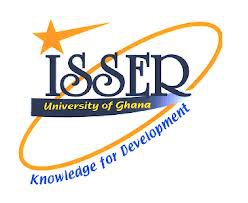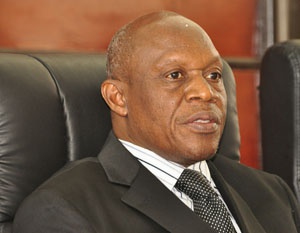The Institute of Statistical Social and Economic Re-search (ISSER) of the University of Ghana has pro-posed several policies to be included in the next development agenda after the Ghana Shared Growth and Development Agenda (GSGDA) comes to an end this year.
The policies proposed by ISSER are focused on inclusive growth with the aim of ensuring sustainable economic growth and social cohesion; and pursuing an employment-centred economic growth strategy that will ensure that employment expands along with production and that the benefits of growth are widely shared through better job opportunities.
The other proposed policies are sustainable exploitation of Ghana's natural resource endowments in agriculture, minerals, oil and gas supported by strategic investments in human capital, infrastructure, science, technology and innovation. The rest is ensuring rapid infrastructural and human development as well as the application of science, technology and innovation to enhance the creation of employment and income opportunities for rapid and sustained poverty reduction.
These were contained in the overview of Ghana's economic performance in the 'State of the Ghanaian Economy Report, 2012' by ISSER in Accra. ISSER launches the report every year. The 2012 report indicated that the outlook for Ghana's economy was positive with growth projected at 8% this year. But unemployment remains a key challenge to the economy as opportunities for employment in the industrial sector remain limited and highly unspecialised.
The country can, according to the report, sustain continuous economic growth well into the future backed by strong investment in the oil and gas sectors as well as in public infrastructure. Favourable commodity prices and improved macroeconomic management can also bolster economic growth. The report, however, stated that “Ghana's weak infrastructural systems, especially in the energy and transportation sectors, and ineffectiveness public administration structures undermine all efforts being made to make investing in Ghana a worthwhile venture.”
The report noted that the Bank of Ghana has cut its policy rate since 2010 and this has prompted reductions in the money market and bank rates with average base rates declining marginally. This, according to ISSER, has created a more favourable climate for the private sector but the business environment needs to be improved.
On the fiscal side, prudent management of government resources and increased efforts to mobilise revenue through an increased tax base feature prominently as a major pathways to improve the huge budget deficit in 2012.
Business News of Wednesday, 2 October 2013
Source: Laud Nartey
ISSER proposes policies for GSGDA II













